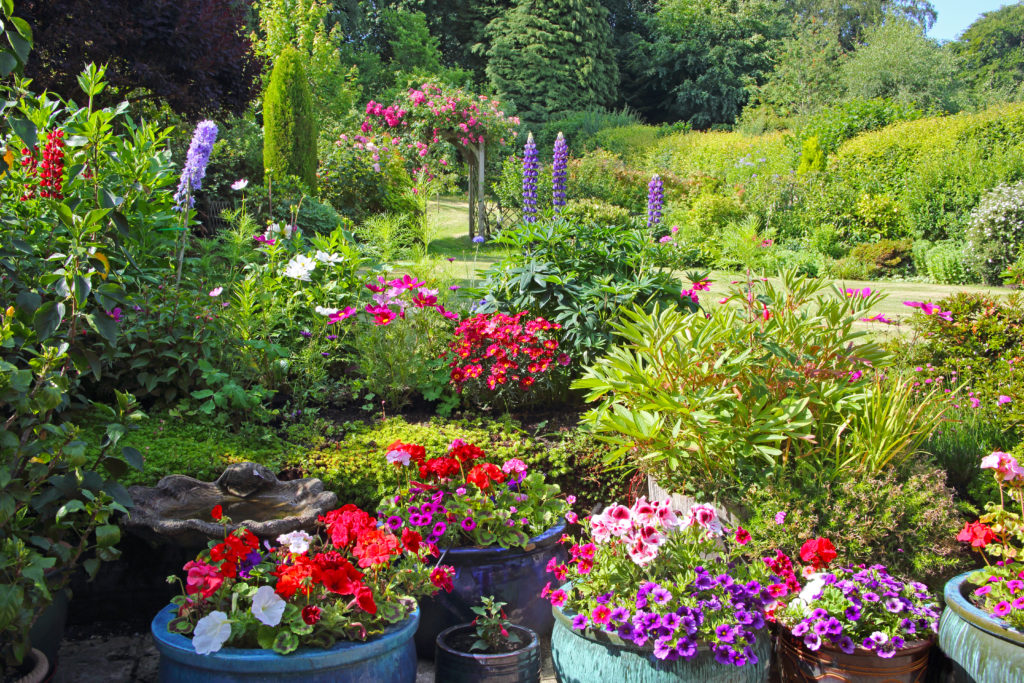THE gable end of the long lean-to glasshouse in the back garden has a large railway-type clock, clearly visible to all who approach.
You know the type: it has two faces back-to-back, each telling the time irrespective of which way you view it.
Inside the structure the clock face shows the correct December wintertime, that facing out remains set at summertime.
My reasoning is simple - I hanker after summer long after the October changeover to wintertime, and whilst we all enjoy four distinct seasons (each lasting three months) the longest in my reckoning is winter.
It can start here as early as late September and continue to April sometimes much later. This long period is when I enjoy the garden most.
I absolutely love my winter garden. However, it is not a showpiece garden (as in open to the public) but a working, every day, family garden.
It is a place of refuge, of hidden pleasure, a small plot unknown to the rest of the world.
The thousands who drive by on the busy National Road can never know of all the wonderful and varied ornamental plants that grow behind the bungalow, plants that fit in handsomely with their surroundings, unlike some of the attention seekers out front.
 Charlie is ready and waiting for the return to summer gardening
Charlie is ready and waiting for the return to summer gardeningThese plants are like the nicest people; those who are modestly grand, repay closer acquaintance, are utterly reliable, and never wear their hearts on their sleeve.
Many look their absolute best during winter. Even on dull, dismal days (and there are many) the back garden never fails to lose its sense of intimacy, of being a charmed place.
On bright days, there is nowhere else in the whole world I would rather be.
But to fall in love with a winter garden can be disappointing, yet strangely satisfying.
Like love between couples, it will always remain something of a ferocious gamble.
The weather can also spoil it and even when it is open and dry, moving around can be uncomfortable unless one is wrapped up snugly.
True, the effects, such as light, ambience and wafting scents, are more subtle (and certainly more fleeting) but they are more striking for that.
The big secret, therefore, is in keeping your eyes open when you do go outside, taking in every single detail that you come across.
When you cannot, one can dream a little.
The dreams of all gardeners and their gardens, I am told, start in childhood.
Mine certainly did. Gardens of long ago were places of mystery, of hidden pleasure, somewhere unknown (or so it seemed) to the adult world.
To this day, I have never outgrown the thrill of peeking through the gates of a high walled garden. The concealment gives them an air of secrecy, and whether they contain decorative plants or produce for the kitchen, it matters little.
The only restriction to winter gardening I have found is one of age. You tire more easily, feel the cold, despise the wet, and long for the best of what summer offers.

